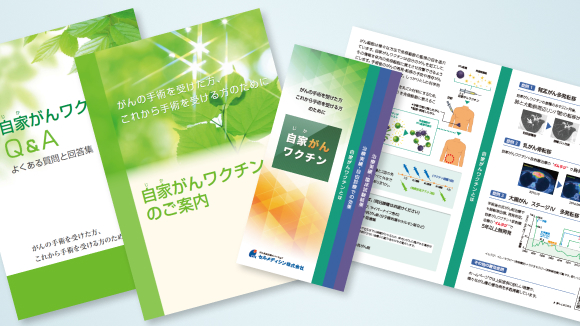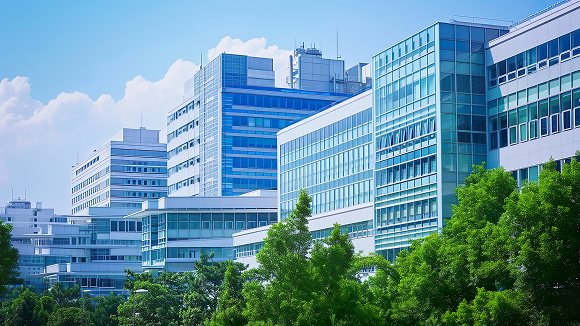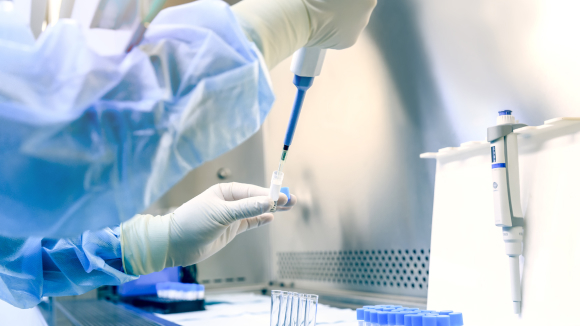Tsubasa Miyazaki, Eiichi Ishikawa, Narushi Sugii,
Masahide Matsuda. Therapeutic Strategies for Overcoming Immunotherapy Resistance Mediated by Immunosuppressive Factors of the Glioblastoma Microenvironment. Cancers (Basel). 2020 Jul 19;12(7):E1960. doi: 10.3390/cancers12071960.
Abstract
Various mechanisms of treatment resistance have been reported for glioblastoma (GBM) and other tumors. Resistance to immunotherapy in GBM patients may be caused by acquisition of immunosuppressive ability by tumor cells and an altered tumor microenvironment. Although novel strategies using an immune-checkpoint inhibitor (ICI), such as anti-programmed cell death-1 antibody, have been clinically proven to be effective in many types of malignant tumors, such strategies may be insufficient to prevent regrowth in recurrent GBM. The main cause of GBM recurrence may be the existence of an immunosuppressive tumor microenvironment involving immunosuppressive cytokines, extracellular vesicles, chemokines produced by glioma and glioma-initiating cells, immunosuppressive cells, etc. Among these, recent research has paid attention to various immunosuppressive cells-including M2-type macrophages and myeloid-derived suppressor cells-that cause immunosuppression in GBM microenvironments. Here, we review the epidemiological features, tumor immune microenvironment, and associations between the expression of immune checkpoint molecules and the prognosis of GBM. We also reviewed various ongoing or future immunotherapies for GBM. Various strategies, such as a combination of ICI therapies, might overcome these immunosuppressive mechanisms in the GBM microenvironment.
Keywords: M2-type macrophages; glioma; immune-checkpoint molecules; immunosuppressive tumor microenvironment; tumor vaccine.

























